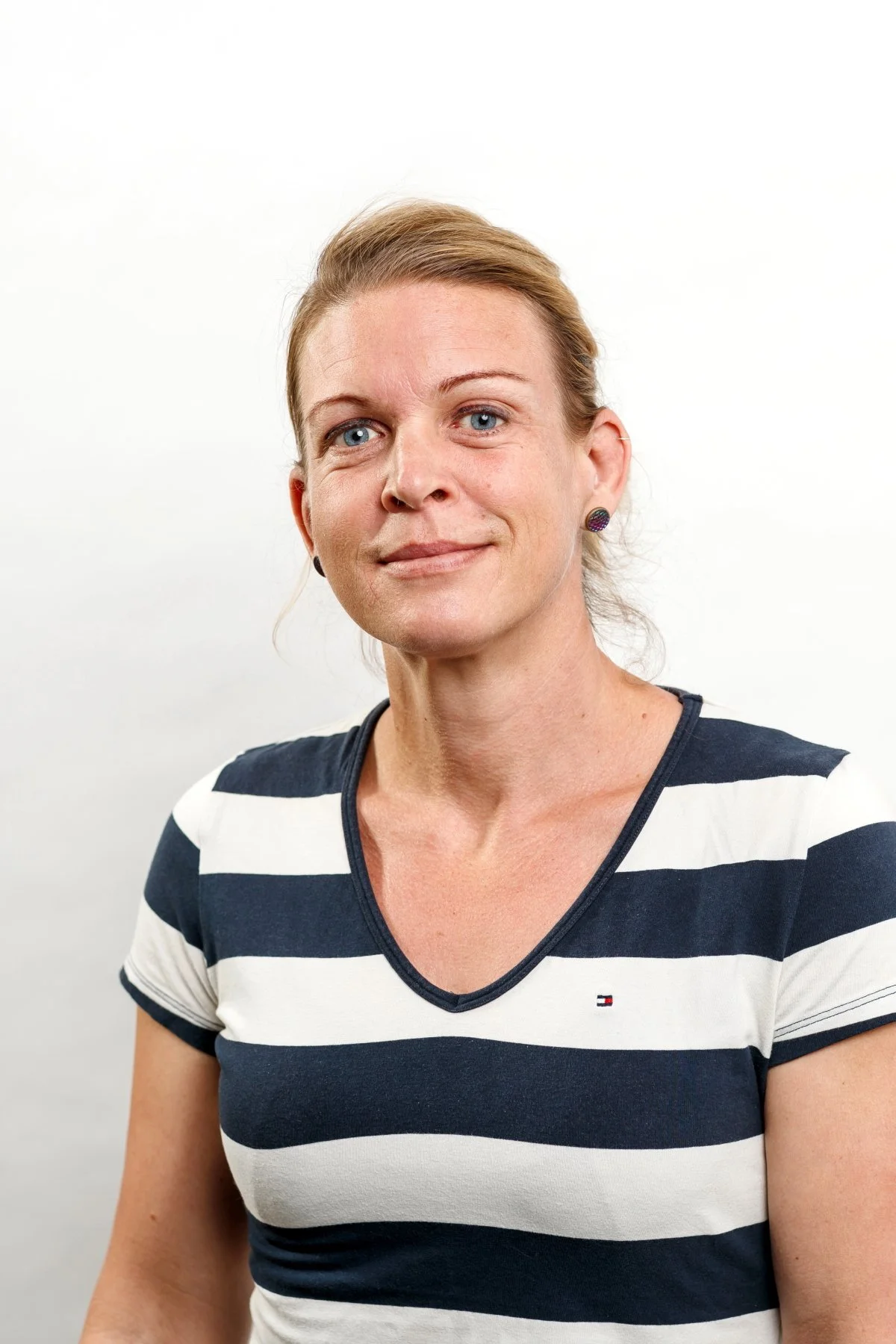Get to know some of the many researchers, scientists and support staff from The Critical Care Research Group, in recognition of International Day of Women & Girls in Science.
International Day of Women and Girls in Science, 11 February, recognises the critical role women and girls play in science and technology.
-

Gabriella Abbate
What impact will your work at CCRG have on the lives of critically ill patients?
By conducting research and providing education and resources, we’re making a difference in the lives of critically ill patients and supporting their caregivers. We’re dedicated to helping improve treatment outcomes to allow patients live longer, healthier lives. We’re making a real difference in this area and I’m proud to be a part of that. Continue reading.
-

Mahe Bouquet
“Working across multiple projects with their own pressure points, varying deadlines and complexities means the work never becomes monotonous. It challenges you to think outside the box and be creative with problem solving and time management.” Continue reading.
-

Dan Dai
Senior Research Technician, COVID-19 Critical Care Consortium
What lead you to work in the field of science? Curiosity. As a data person, I’m always curious to explore the meaning behind those digits. The scientific exploration process is a learning journey to me, which triggers me to continuously ask questions and find logical explanations when conducting my work.
What do you love most about being involved in science and research? I love the chance to face the challenges and solve problems in a daily basis. I love puzzles, and it is fulfilling to tackle problems, but what’s more interesting to me is to spot a problem and ask the right question. Involving in science, specifically in data science provides valuable opportunities for me to explore the data, make sense of the data and solve the puzzle.
-
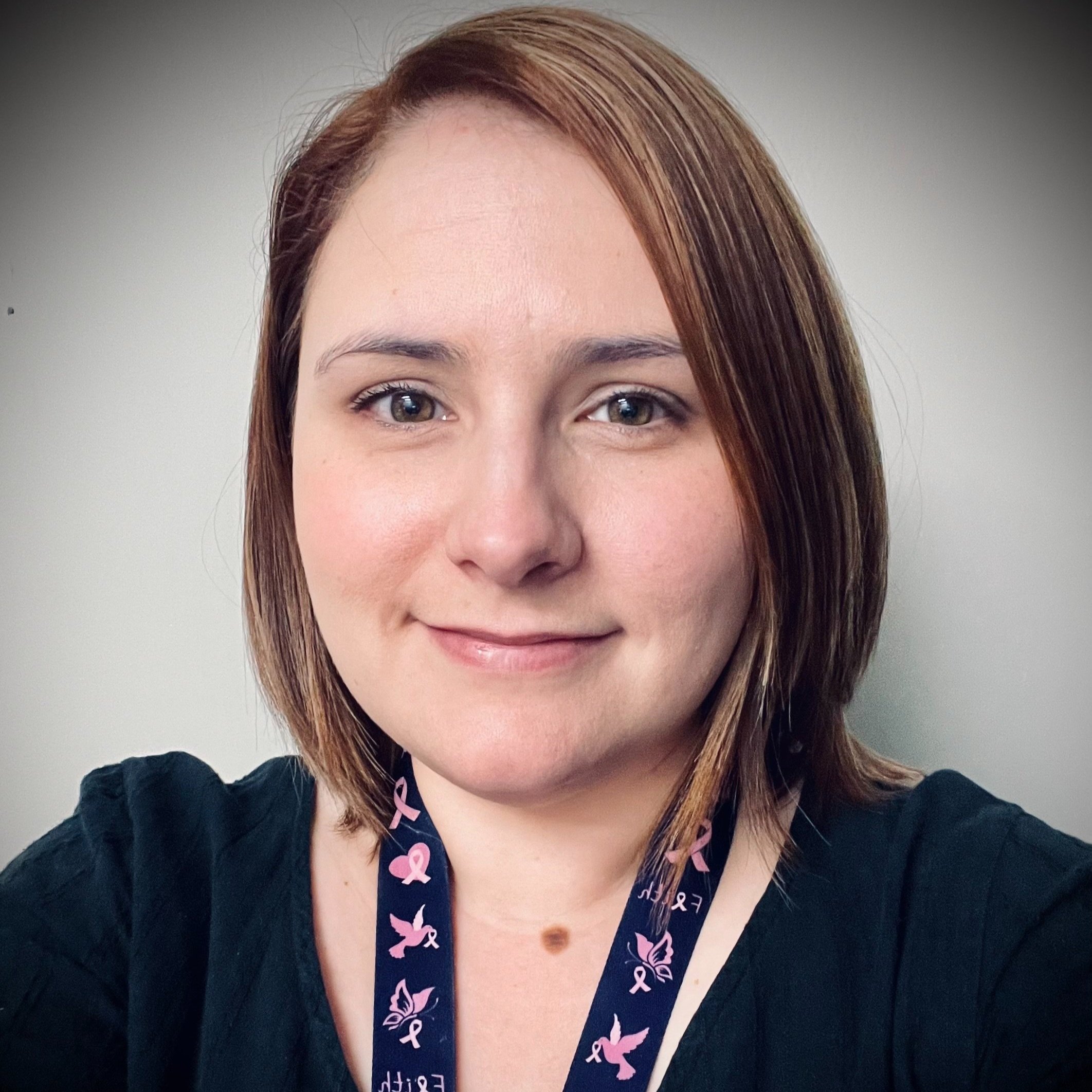
Allison Kearney
What is your current area of interest?
“Many patients are admitted for elective surgery each year, and are taken care of by anaesthetists in surgery and, often, postoperatively. By investigating ways to make this safer, individualised, and optimised to ensure patients receive the best possible care, we can also improve outcome from their surgeries.” Continue reading.
-

Hannah Marrinan
Manager, Critical Care Research Group
What led you to work in the field of science and research? My study and subsequently undertaking a small research project overseas allowed me to appreciate how impactful research can be not just for individuals but whole communities.
While I don’t consider myself a researcher, I find my role as manager of a research group incredibly rewarding. My responsibility is to ease the burden of establishing and administering projects, allowing those within our group to focus their time where it matters most.
What do you love most about being involved in science and research? I have the pleasure of working with an amazing group of people that dedicate their lives to finding ways to improve patient care and outcomes. I’ve witnessed members of our team translate their research into lifesaving procedures and without pomp, come back the next day to find ways to not only replicate but enhance their work.
-

Molly-rose McInerney
In her role at CCRG, she brings a new skill set and perspective to progress phase two of CCRG’s Living Heart Project by investigating the Donation after Circulatory Death (DCD) pathway.
Away from the lab, Molly-rose is a Mum. “You’ll often find us exploring the Australian bush, admiring the new flora and fauna.” Continue reading.
-
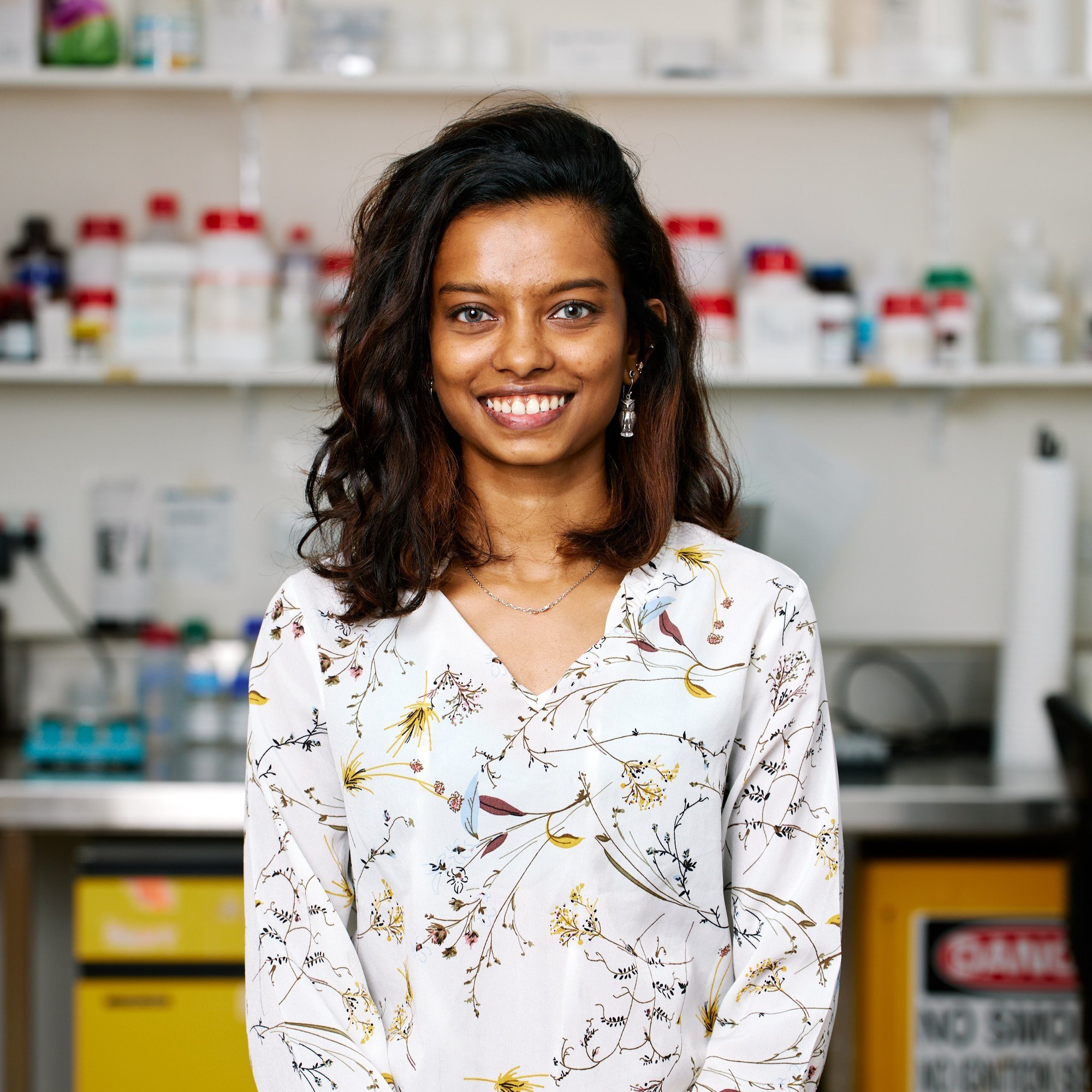
Rachana Panduru
“I completed my Bachelors Degree (Hons) in Biomedical Science at The International Medical University in Malaysia, including undertaking an internship at Ulster University in Coleraine, Northern Ireland. During my internship I was involved in a few projects and publications which was the perfect introduction to research.” Continue reading.
-
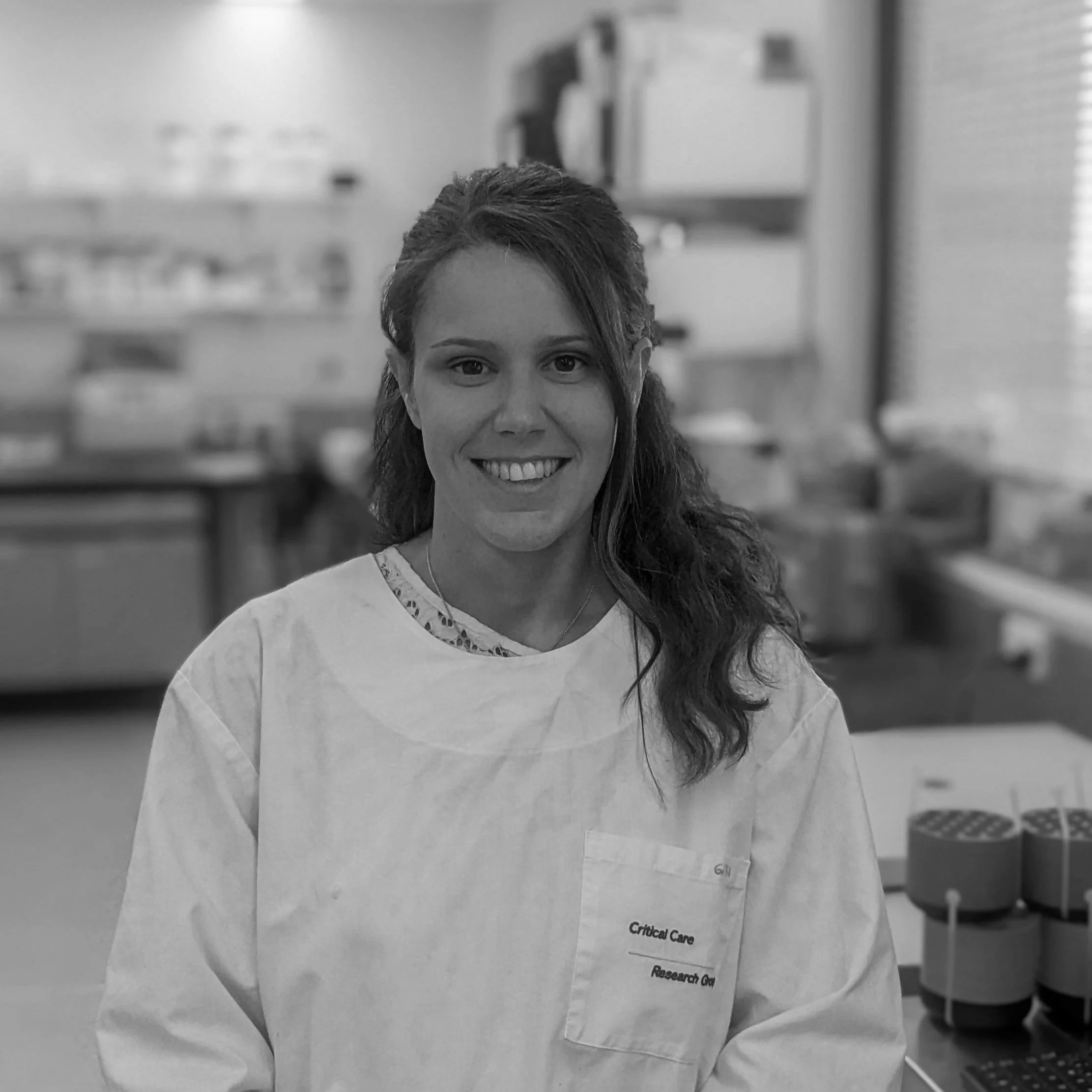
Sofia Portatadino
“From managing consumables to developing and updating standard operating procedures to training new staff to use the microdialysis machine, every day is different as we prepare for experiments and support the scientists and surgeons.” Continue reading.
-

Meredith Redd
Former Post-doctoral Research Fellow.
“I always loved math and science in school, so initially I pursued a degree in engineering which led me to study tissue engineering and regenerative medicine which eventually led me to where I am now. “ Continue reading
-

Noriko Sato
What led you to the field of science and research? There were many questions in the critical settings but I didn't have much opportunity for research when I was working in Japan as a nurse. My husband was enrolled in a PhD course and told me a lot of questions about research. Continue reading
-

Nicole White
Senior Research Fellow and Statistician with the COVID-19 Critical Care Consortium and Senior Research Fellow: Statistics, Australian Centre for Health Services Innovation.
What led you to work in the field of science and research? I completed an undergraduate degree in Mathematics at QUT. Throughout my degree, I had hands-on experience analysing real-world data and was drawn to applications of statistics in health and medical research. These experiences led me to study a PhD in Statistics, where I was able to combine my technical skills with learning how to communicate the value of statistics to different audiences.
What do you love most about being involved in research? Data is everywhere and is being used to answer increasingly complex questions about our health and wellbeing. As a statistician, I apply a range of skills to turn data into meaningful information that can be used in decision making. Being part of this process working together with medical experts is incredibly rewarding.
Greatest scientific development in your opinion? A scientific development communicated as a statistic…332 days – the number of days between scientists publishing the first genetic sequence of COVID-19 and the first dose of an effective vaccine.
-
Karin Wildi
Former Senior Research Fellow, PhD Student, and Intensivist
What lead you to work in the field of science? Curiosity leading to too many questions
What do you love most about being involved in research? Every day you have a new “Aha!” moment, meaning you really do learn something new everyday.
Read more about Karin’s research: An appraisal of lung computer tomography in very early anti-inflammatory treatment of two different ovine ARDS phenotypes.
-
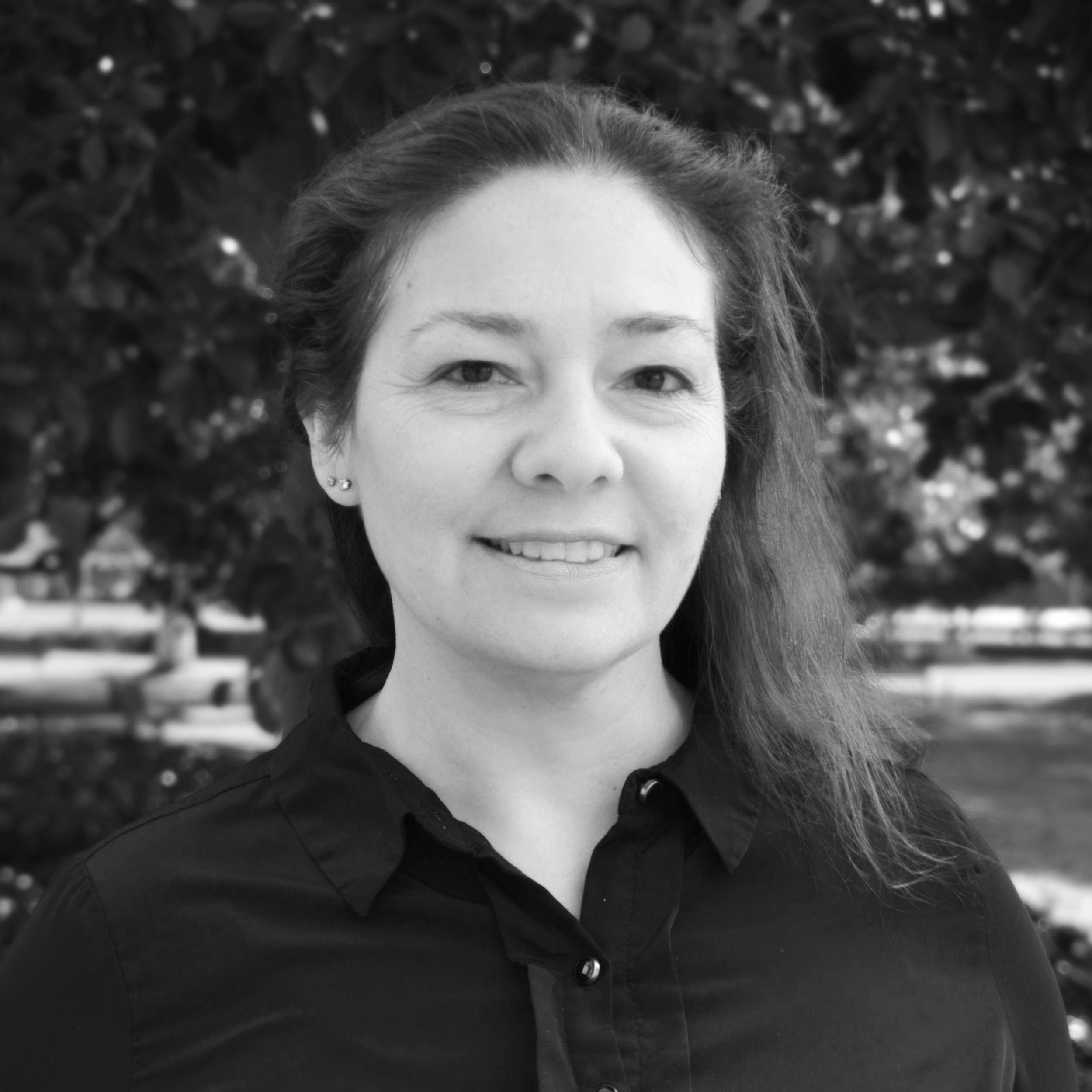
Barbara Zangerl
“Being a Clinical Research Nurse not only feeds my insatiable desire to further health care but is an ideal position to draw on my experience and knowledge of medicine, science, and nursing.”
Barbara is also involved in a multicentre clinical trial investigating commonly implemented treatments for acute sepsis and will soon be managing a new trial exploring the potential benefits of ECMO to enable de-sedation, early extubation and mobilisation in patients with hypoxic respiratory failure. Continue reading.

